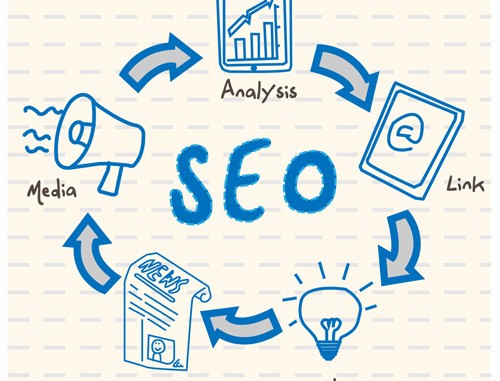
Many businesses weigh the advertising abilities of Facebook and Google Ads because they want to get maximum visibility. They also aim to register new customers, boost sales and increase leads.
Differences between Facebook and Google Adwords Advertising
Google AdWords: Paid Search
AdWords is the world’s leading and most popular PPC advertising platform. Google Adwords has been labeled the term “paid search”. This advertising platform focuses on targeting keywords and use of text-based advertisements. Advertisers bid on keywords with expectation that their ads pop up alongside search results of questions. When a user clicks on the ad, the advertiser is charged, hence the name “pay-per-click advertising.”
Facebook Ads: Paid Social
Facebook Ads uses social networks for advertising. It has the greatest number of monthly active users (MAUs) compared to any other social network. Paid social enables users to find businesses depending on their online activities and interests.
The main difference between the two ad platforms is that Adwords helps you get new customers whereas Facebook helps customers find you.
The Strengths and Advantages of Google Adwords
Google is the world’s most common and widely used search engine. It is regarded as the de factor leader in online advertising. It deals with over 3.5 billion search queries daily. This offers advertisers access to unique and unsurpassed potential for customers looking for goods and services.
An Immense Audience
Google deals with over 40,000 search queries in a second. This equals to more than 1.2 trillion web searches annually. As Google advances, so will this immense search volume and the possibility for advertisers to get to new customers. All this potential is what makes Google ideal for your digital marketing strategy. However, when put together with Google’s precise search results, AdWords is more popular and widely used.
A Level Playing Field
AdWords majorly focuses on the relevance and quality of ads. Therefore, users are likely to keep using Google as their primary search engine. Google AdWords usually compensates quality and relevance more than other factors. Consequently, good advertisers get more results from their ad campaigns. Some keywords cost more than others.
A Wide Range of Ad Formats
Advertisers should utilize the numerous features of Google Adwords to make more enticing and compelling ads. These features include site links, ad extensions, and social proofing. Google also has ad formats specifically created to meet the needs of specific businesses including hotels and vehicle manufacturers. These ad format features include interactive map information and high-resolution images. New Ad formats and features are constantly created by Google to help advertisers reach new audiences and start new businesses.
The Strengths and Advantages of Facebook Ads
Facebook Ads play a major role in social media marketing. Since its inception, it has become a major part of digital marketing strategies for most businesses.
Unparalleled Audience Granularity
Facebook Ads have over 1.55 billion monthly active users. No other platform can compare to the size of its audience. Many people use Facebook to search for and use content that fits their individual interests, ideologies, values, and beliefs.
Advertisers exploit Facebook’s wide reach to reach their target audience. They do this by uploading customer details from their database to Facebook .Facebook then filters this data based on information given by third party data agents. The information automatically matches users whose data the advertiser uploads. Advertisers should view Facebook as a platform for interacting with their customers.
An Inherently Visual Platform
Facebook Ads often incorporate images, videos, and other visual content. This enables advertisers to control the quality of their Ads.The post Facebook Vs. Adwords Advertising appeared first on SEO Chat.
Source: SEO Chat
Link: Facebook Vs. Adwords Advertising



Leave a Reply